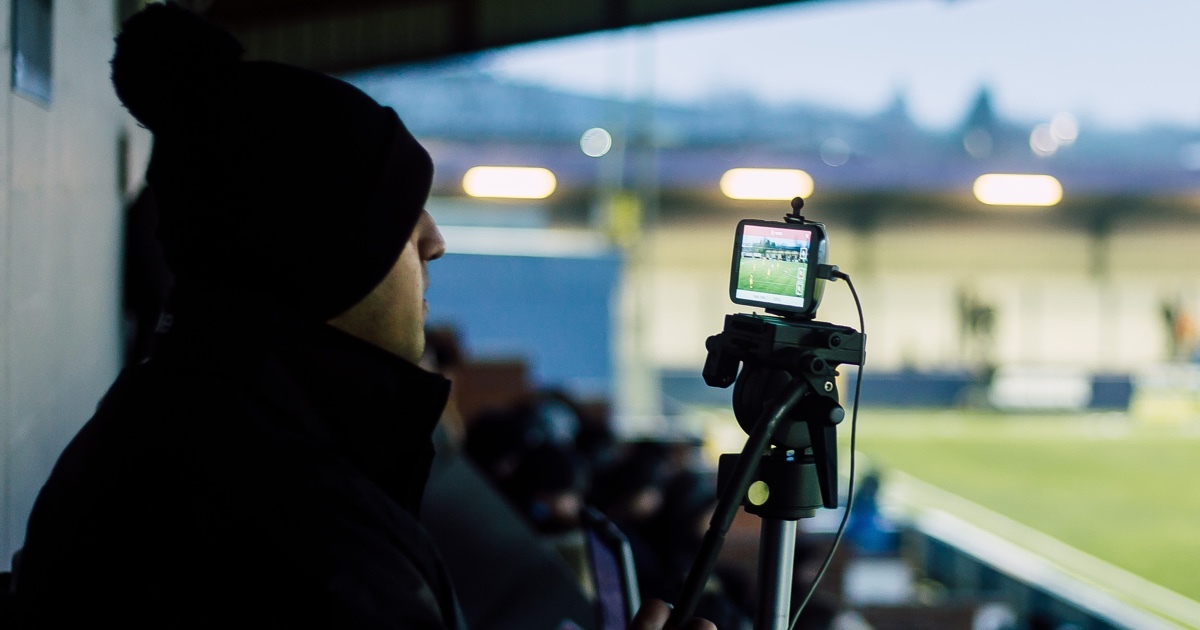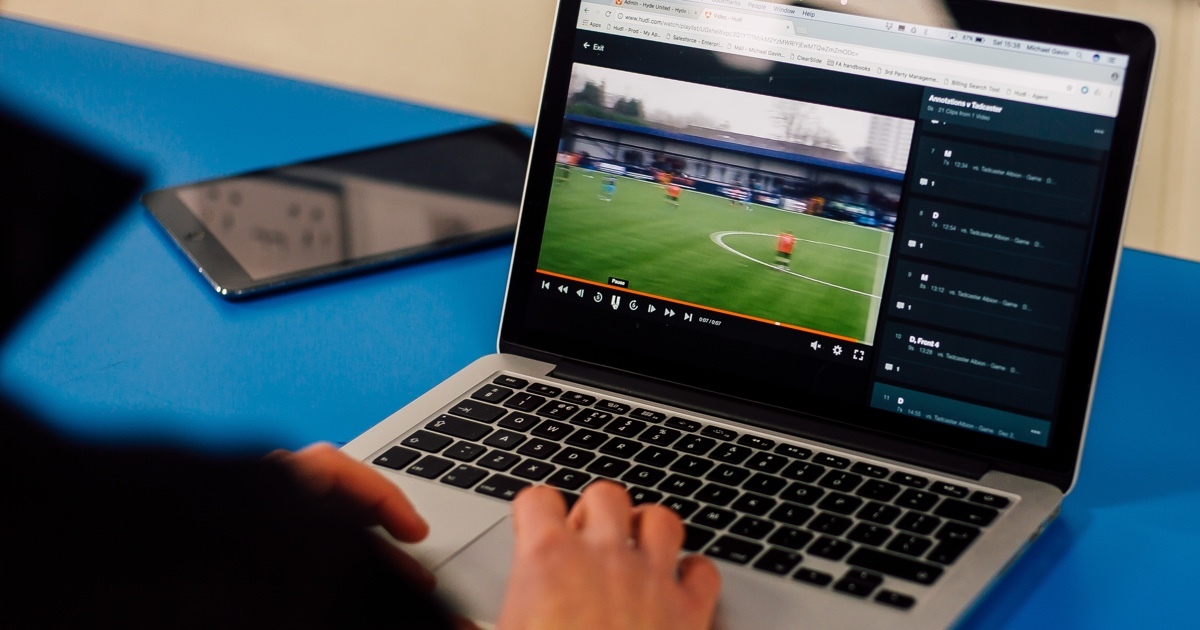How a Small Budget Club Secured a Performance Analyst
Being a part-time club shouldn’t hinder your ability to secure vital resources. Here’s how Hyde United did it.
Hyde United play in a football-mad, yet congested region. There are 23 professional clubs and 16 semi-professional clubs within a 30 mile radius of their ground, including Premier League giants Manchester United and Manchester City. That makes standing out from the crowd and competing for players, fans and commercial revenue all the more difficult.
As we discovered, Hudl has had a massive effect on Hyde, helping them to tighten up their defence and punch above their weight to qualify for the first round proper of the FA Cup.
A critical part of that success was the appointment of a Paul Brickwood, the club’s video analyst. But how has a club averaging crowds of less than 1,000 fans per week managed that?

“Me and the Manager, we’re part time and we’ve got a lot to prepare so we advertised for an analyst and Paul was by far and away the best candidate,” Assistant Manager David McGurk explains. “I sat down with Paul over two or three games and showed him exactly what we wanted.”
Brickwood works as a volunteer for Hyde, alongside his studies and community football coaching roles. He actually lives over an hour away in the Yorkshire city of Wakefield, and using Hudl’s cloud-based platform means that he doesn’t attend matches, instead accessing video online from home and feeding back to the coaching staff directly through Hudl.
“Paul has got access to [the game footage] straight away,” McGurk added, “He’ll work remotely, and he’ll send the analysis over to me with all the time frames which saves me loads of time. I can actually go to say 13 minutes [in a game], have a look at it, see if it’s relevant to what I want to use in training. It makes my job easier.”
